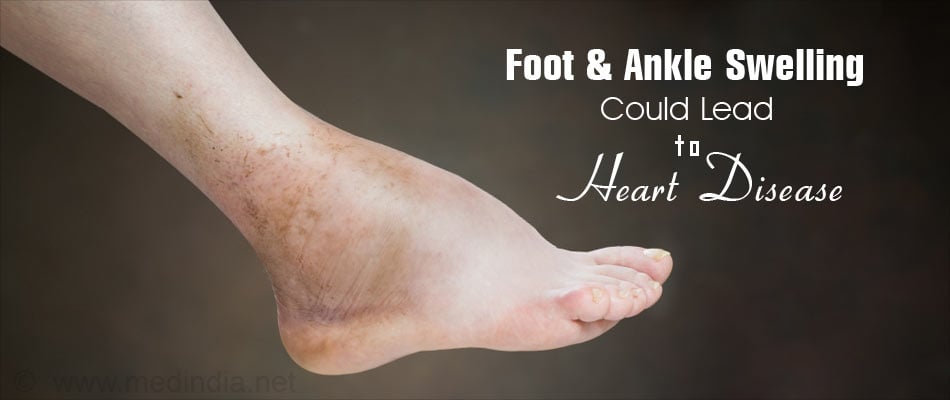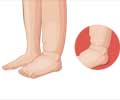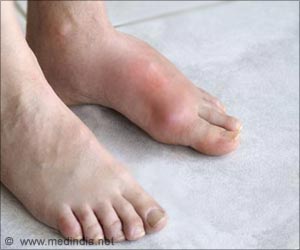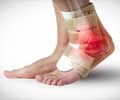
- Ankle or leg swelling is the accumulation of fluid in these parts of the body.
- Swelling is more noticeable in the lower part of the body due to gravity.
- Ankle or leg swelling could lead to heart disease eventually.
What Causes Swelling of the Legs or Ankles?
Fluid accumulation in the body due to various reasons could lead to retention of fluid in the leg region, which in medical terms is known as peripheral edema. Your shoes might feel tighter than usual or you might be unable to wear them if the swelling is really bad. Some of the causes of fluid buildup are:Kidney failure occurs when the kidneys fail to filter waste from your body sufficiently, which could be due to certain acute or chronic diseases, kidney trauma or severe cases of dehydration. The body thus becomes overloaded with toxins.
Cardiomyopathy, which is referred to the disease of the heart tissue.
Thrombophlebitis or a blood clot, which occurs mainly in the leg region.
Lymphedema or blockage in the lymphatic system.
Sitting for prolonged periods such as during long flights. Even standing for a long time could lead to fluid buildup.
Allergic reactions to certain foods, insect venom and to certain drugs such as angiotensin converting enzymes (ACE) inhibitors which are used to treat high blood pressure or heart failure.
Could Swelling of Legs and Ankles Lead to Heart Disease?
- Swelling or puffiness of the tissue around the legs and ankle region (medically known as edema) is a common sign of heart disease.
- If the right muscle of the heart is weakened, the amount of blood pumped out also could be diminished leading to edema in the abdomen region or legs due to the buildup of pressure behind the right side of the heart (note: if the left side of the heart is weakened pressure builds up in the pulmonary veins and eventually the lungs possibly leading to dyspnea (shortness of breath) but not edema.
- Ankle swelling that is seen after periods of prolonged standing or sitting could indicate salt and water retention possibly due to right-sided heart failure.
- In people with sedentary lifestyle and those who do not get enough exercise in the day, blood is retained in the lower part of the legs and is not efficiently returned to the heart, which could also lead to development of heart disease over a period of time.
- Consult your doctor immediately if leg swelling is accompanied by chest pain, difficulty breathing, dizziness along with other signs and symptoms.
Tips to Reduce Leg Swelling
- Make exercise a part of your daily routine. Exercise like walking or any form of workout helps pump fluid from your legs back to your heart.
- While lying down, you could raise your legs above your heart level by placing them on a pillow.
- Limit intake of salt in your diet, which is known to cause fluid retention and swelling.
- Try support stockings, which are available at most pharmacies.
- Get up and walk as often as possible especially during a long journey.
- http://www.heartfailurematters.org/en_GB/Warning-signs/Increased-swelling-of-the-legs-or-ankles
- http://www.mayoclinic.org/symptoms/leg-swelling/basics/causes/sym-20050910
- https://www.nlm.nih.gov/medlineplus/ency/article/003104.htm
- http://doc.med.yale.edu/heartbk/9.pdf














